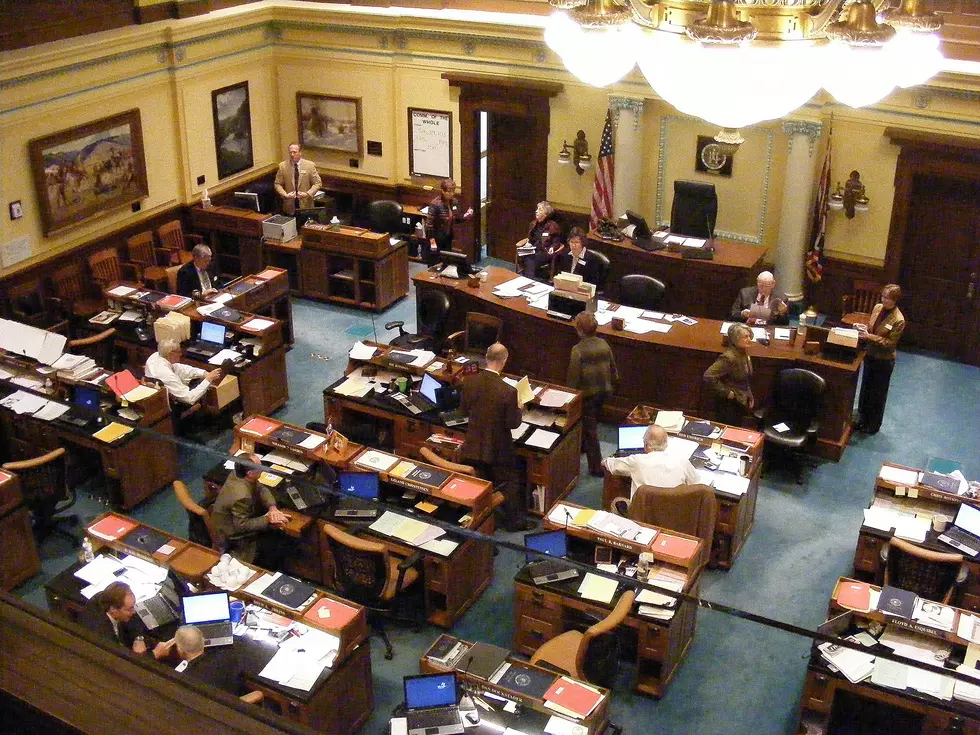
UW Professors Earn Fulbright Scholarships
University of Wyoming professors Andrew Garner and David McDonald are the recipients of Fulbright awards to continue their research work.
As UW Center for Global Studies (CGS) fellows, Garner and McDonald will use their Fulbright awards to continue research work in Indonesia and Ecuador, respectively, during the coming school year.
Garner, an associate professor of political science, received a Fulbright Core Scholarship to teach two courses on quantitative research methods and comparative political behavior in Indonesia as part of his sabbatical leave.
His Fulbright award will begin in February 2018 and will continue through the summer. In addition, he will offer seminars and guest lectures across Indonesia on his areas of expertise, including American politics, comparative political behavior, public opinion and vote buying in Indonesia.
In 2014-15, Garner received seed money from CGS grants to research the relationship between corruption and voting in emerging democracies. Garner will build on his research on vote buying in Indonesian elections following his Fulbright teaching visit.
Vote buying occurs when candidates offer money and gifts in exchange for support on Election Day, Garner says. His research will focus on building a theoretical model to explain why candidates offer money to voters in some elections but not others. His project will include interviews with candidates, campaign consultants, party leaders and ordinary voters across several past and upcoming local and provincial elections.
To date, Garner has published two articles on this research, “Why Brokers Don’t Betray: Social Status and Brokerage Activity in Central Java,” featured in Asian Affairs: An American Review, and also “Consistency and Vote Buying: Income, Education, and Attitudes about Vote Buying in Indonesia,” featured in the Journal of East Asian Studies.
McDonald, a UW Department of Zoology and Physiology professor, will study tropical manikins in Ecuador. The combination of McDonald’s Fulbright award and his CGS Research Excellence Award will allow him to study the courtship displays of golden-winged manakins. The species is so fast they are invisible to humans, but not to the birds, he says.
McDonald uses high-speed video -- 993 frames per second vs. 30 for consumer video -- to film the manakins.
“What we see as a blur turns out to be two aerial twists,” he says. “These birds display at known courts, which makes analyzing their movement uniquely feasible using dual-camera 3-D video.”
McDonald will film key species in Brazil, Ecuador, Panama and Peru as part of a research group. His study is based out of Yachay University in northern Ecuador. At Yachay, McDonald will help establish a graduate program and develop a conservation plan for endangered black and chestnut eagles. This will include outreach to reduce killing by chicken farmers, the main threat to these eagles.
More From K2 Radio









